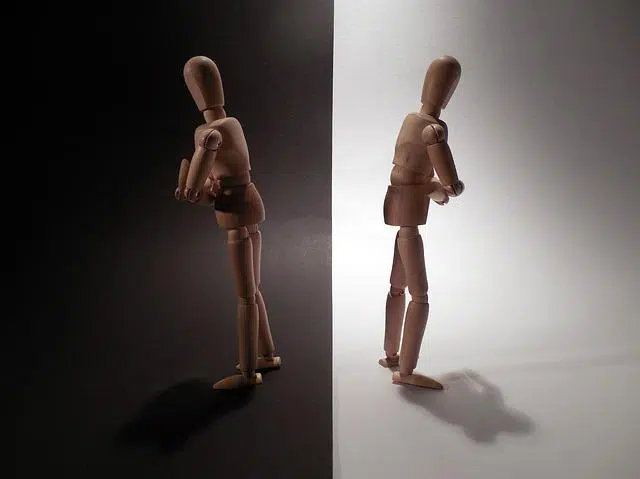
A prejudice implies a judgment that is developed prematurely or without knowledge.
Latin is where we find the etymological origin of the term prejudice . Specifically, we can establish that it comes from the word praeiudicium which can be translated as "previous judgment."
Prejudice is the action and effect of prejudging ( judging things without having full knowledge or before the appropriate time ). A prejudice, therefore, is a prior opinion about something that is little or poorly known.
For example: "Believing that all Arabs are fundamentalists without even having traveled to Asia is a prejudice" , "Leave prejudices aside and dare to wear colorful shirts" , "I thought I could never fall in love with a woman from such a culture." different, but they were just prejudices .
Formation of a prejudice
Prejudices are developed from opinions that arise before judging the determination of the evidence . In other words, a prejudice is a criticism that is made without having sufficient prior elements to base it. If a person who has never traveled to France claims that the French are not very affectionate and distant in their treatment, they will be incurring a prejudice and reproducing a stereotype .
These types of ways of thinking are linked to discrimination . Prejudices are usually negative (something or someone is rejected before having enough knowledge to judge it with reasons) and they foster division between people: if a person believes that someone is bad, they will not even come close to meet them and check it out.

Prejudice can lead to discrimination and attacks.
Engine of discrimination and hate
The most extreme part of prejudices can cause harm and serious consequences in society. Thus, for example, those who have prejudices about people of another color, of another race or of another sexual condition, and also in a radical way, can target them and cause them physical or moral harm. Specifically, they can insult them, they can isolate them when participating in an event, they can hit them...
This is fundamentally reflected in neo-Nazi or far-right groups that defend the supremacy of the white race and are committed to "ending" homosexuals, the homeless, people of color...
In this way, there are a multitude of actions, ideologies and trends throughout history that are precisely the result of prejudices. This would be the case of slavery, homophobia , anti-Semitism, machismo, racism , sexism or the Holy Inquisition.
Types of prejudice
Specifically, in addition to everything stated above, we can make it clear that there are two clear types of prejudices:
Social . Within this category we can highlight, for example, the prejudices that people have about men and women in many aspects of life.
Racial . As their name indicates, they are those that are established based on the color of people's skin. Thus, there are those who reject black people simply because their opinions about them are based on stereotypes and meaningless ideas.
Distortions of the perception of reality
For psychology , cognitive biases are distortions that alter the way people perceive reality. Several of these processes were verified empirically by scientists.
Prejudices led the Catholic Church to reject, at the time, scientific evidence that proved that the Earth revolved around the sun, among many others.
